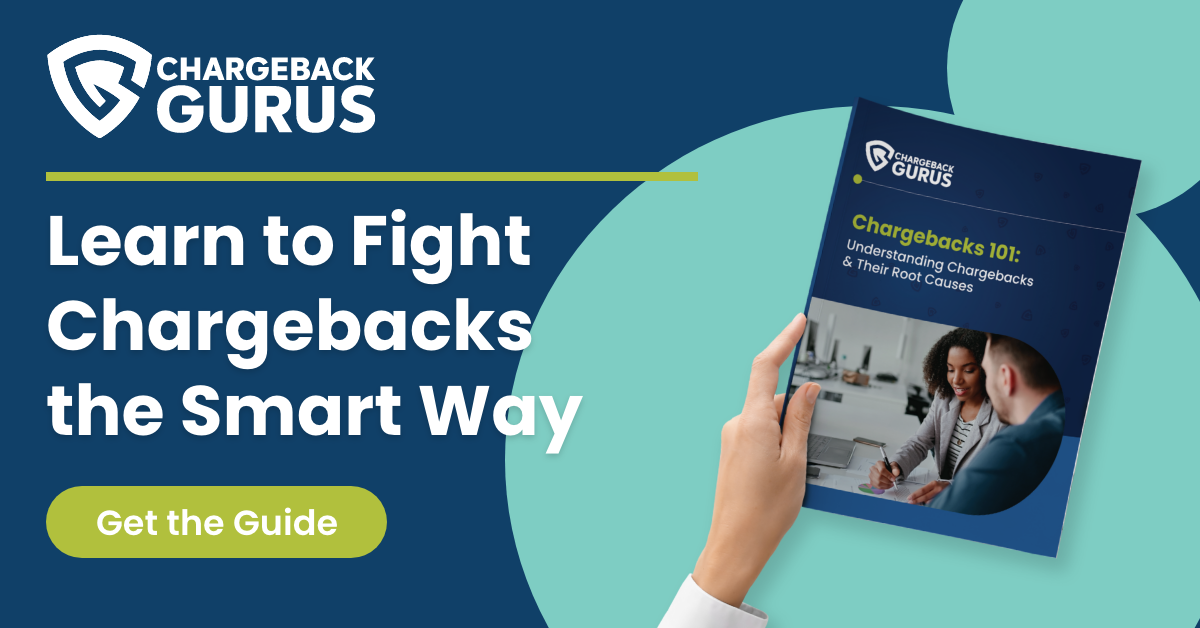Utility Chargebacks
Chargebacks aren’t strictly a problem for retail merchants. They can affect businesses in every industry where money changes hands, and can be used against organizations in the public sector too. Utilities accept a huge volume of electronic payments every month, many of them via ACH transactions, but credit and debit card payments are not uncommon.
Fraudulent utility payments are not unheard of, and various other payment issues can lead to disputes and chargebacks against public utilities and related service providers. How do utility chargebacks work, and what can be done to prevent them?
- What are Utility Chargebacks?
- Can ACH Payments and Other Transaction Types Be Disputed?
- How Can Utility Providers Avoid or Fight Chargebacks?
- Conclusion
While many people are frugal about their retail spending and e-commerce may still be avoided entirely by some consumer segments, very few of us can get away with avoiding utility bills. In the U.S., the typical household spends more than $2,000 per year on utility bills, and when you add in all the optional services that can fall under the general umbrella of utilities, that adds up to a lot of transactions that can be impacted by processing and authorization issues.
At the same time, many consumers fall behind on their utility payments, especially during economic downturns. This year, approximately 20 million U.S. households fell behind on their utility payments. Although fraud is far more likely to target retailers whose products can help them turn a quick profit, utility providers cannot assume that they will never be the targets of fraud from customers looking to wipe out a debt and maintain continuity of service.
By learning about the risks of fraud and chargebacks—and the best ways to protect themselves—utility companies can avoid costly chargeback fees and maintain better relationships with their customers.
What are Utility Chargebacks?
Utility chargebacks are the potential result of disputed utility bill payments. While utility chargebacks are far less common than retail chargebacks, they can still happen for a number of reasons.
A utility provider is any company that provides public services, such as water, electricity, natural gas, communications, or waste removal. Companies that provide elective but continuous services, such as internet providers, may experience similar payment issues even if they aren’t always classified as utilities.
It’s important to note that a chargeback, in the most accurate sense of the term, refers only to the reversal of a credit card transaction.
The chargeback process was written into law by the Fair Credit Billing Act of 1974, which gives cardholders the right to dispute fraudulent or erroneous transactions. Other payment methods, such as ACH or PayPal, may have their own dispute mechanisms, but it can be misleading to refer to them as “chargebacks.”
Credit card chargebacks fall under one of three categories:
- True fraud, which means that a third party used the card without authorization.
- Merchant error, which means that the merchant charged the card improperly.
- Friendly fraud, or first-party misuse, which is when a cardholder files a chargeback under false or erroneous claims.
When you receive a chargeback, the first thing to do is research the transaction and determine what type of chargeback it is. Friendly fraud chargebacks often appear to be true fraud or merchant error at first glance.
Can ACH Payments and Other Transaction Types Be Disputed?
ACH disputes are not as common or straightforward as credit card chargebacks, but they can happen. Proprietary platforms such as PayPal or Venmo can be subject to disputes and reversals, too.
ACH is one of the most widely-used methods of making utility payments. Utility providers encourage ACH because it tends to be more reliable than payment cards. The credentials required to make an ACH payment never change unless the account is closed, while payment cards are subject to frequent expiration.
Customers can dispute ACH payments for reasons such as fraud, duplicate payments, and incorrect transaction amounts. The deadline for ACH disputes can be anywhere from 90 to 120 days after the transaction was processed, but banks tend to be more careful about accepting ACH disputes than they are with credit card chargebacks.
Alternative payment platforms get to set their own rules when it comes to accepting disputes and reversing payments, but most of them offer some provisions for dealing with fraud, error, and non-delivery issues. Any utility provider that chooses to accept alternative payment methods should carefully research their dispute policies.
How Can Utility Providers Avoid or Fight Chargebacks?
Chargeback prevention requires a multi-pronged approach, no matter what industry you’re in. Anti-fraud tools are needed to prevent true fraud chargebacks, strong policies and attentive customer service can minimize merchant error chargebacks, and friendly fraud can be fought with chargeback representment.
When you find that a chargeback is based on false or otherwise invalid claims, you can fight the chargeback by representing the transaction along with compelling evidence in your favor.
 The specific evidence required will depend on the chargeback reason code. When chargebacks are filed in error, it’s often because the cardholder didn’t recognize the transaction description on their bank statement. Make sure your descriptor clearly identifies you.
The specific evidence required will depend on the chargeback reason code. When chargebacks are filed in error, it’s often because the cardholder didn’t recognize the transaction description on their bank statement. Make sure your descriptor clearly identifies you.
If you receive a valid utility chargeback, it will likely be due to either fraud or some sort of processing error. AI fraud filters, multi-factor authentication protocols, and other anti-fraud tools can help stop true fraud. When you encounter processing errors, review your procedures to see where problems might be occurring.
If legitimate customers are filing chargebacks or committing fraud to avoid penalties or termination of service, look into ways you can work with them to set up payment plans and other mutually agreeable solutions. Chargebacks include expensive fees, and can get you in trouble with acquiring banks and card networks. Finding ways to avoid chargebacks is always more cost-effective than shrugging them off as an unavoidable nuisance.
Conclusion
In the future, solutions such as Variable Payment Providers may help utilities accept automated monthly payments while insulating them from the risks associated with fraud and chargebacks.
For now, it’s up to each utility company to decide what payment options they need to offer to their customers, and what policies and procedures to set in place in order to ensure accurate and secure payment processing.
Any chargeback problem that goes unchecked for too long can become a big problem, so if you find yourself dealing with depleted revenue and a rising chargeback rate, don’t hesitate to reach out for expert help in getting things back under control.
Thanks for following the Chargeback Gurus blog. Feel free to submit topic suggestions, questions, or requests for advice to: win@chargebackgurus.com




